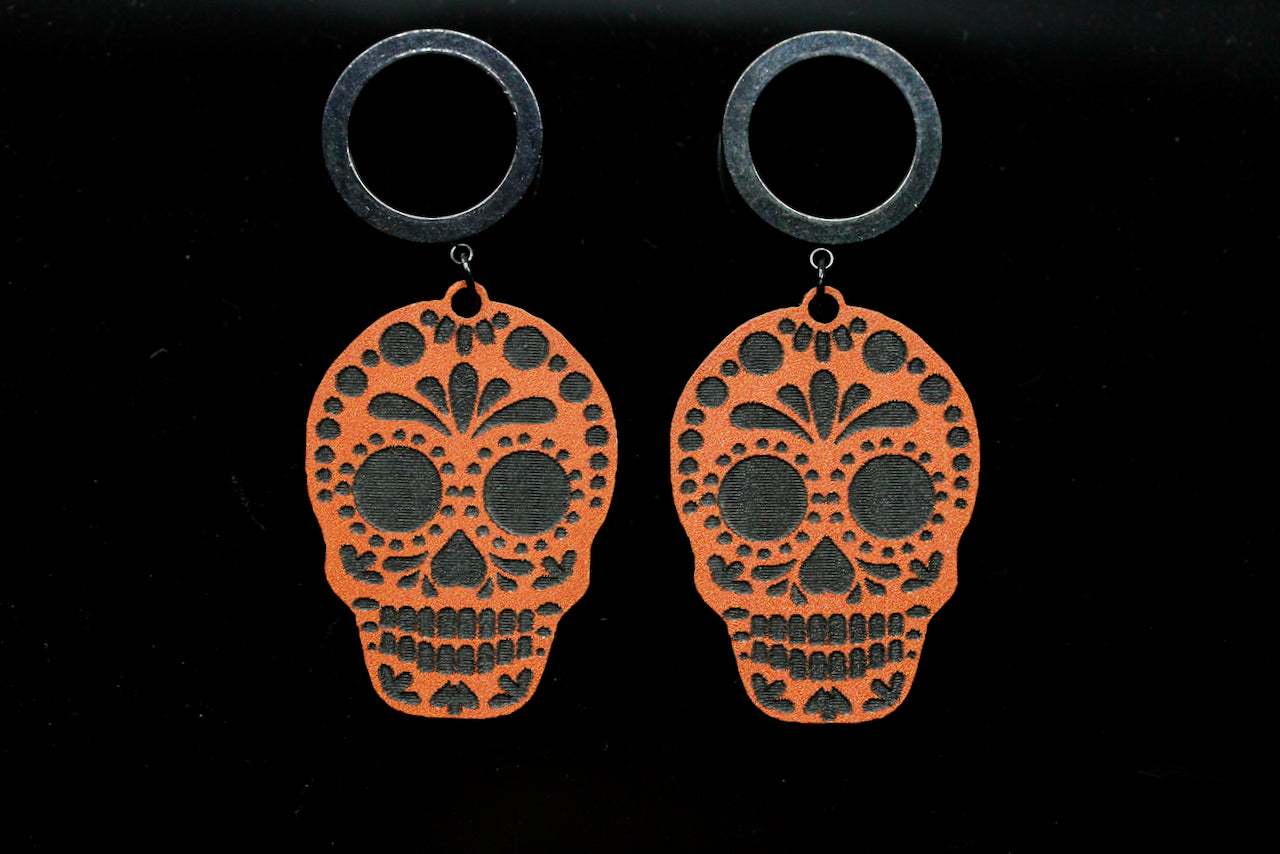Piercing can be a meaningful and stylish form of self-expression, but it needs careful attention to health and hygiene. Many people expand piercings and experiment with different jewellery, yet doing so incorrectly can lead to harm. Ear tunnel plugs are popular for stretched piercings, and understanding safe use helps protect your skin, cartilage, and overall wellbeing.
Piercings do not only change your appearance; they also involve your body’s natural healing process. That means clean hands, clean tools, and patience. The body reacts to any break in the skin, so supporting a healthy healing environment is essential from day one.
Preparing Safely Before a Piercing
Healthy piercing practices begin even before the needle touches the skin. Start by ensuring the piercing environment is clean. Surfaces should appear sanitised, tools sealed, and needles single-use. Good lighting and sterile gloves also help reduce infection risks.
Your skin should be clean and free from lotions, perfumes, or oils before the procedure. Hydrated skin generally responds better, so drink water and avoid alcohol or anything dehydrating beforehand. Calm breathing and steady posture support comfort and reduce stress on the body.
Communicate clearly about placement and thickness. Piercing too deeply or at an angle can lead to discomfort and slower healing. Choose high-quality jewellery made from safe materials such as titanium, surgical-grade steel, or glass for the initial stage. These materials minimise irritation while your body adjusts.
Healthy Aftercare for Faster Healing
Aftercare has a lasting impact on your results. Cleanliness remains key. Use mild saline solution to gently rinse the area and let it air-dry. Resist twisting or forcing jewellery, as that can cause trauma and introduce bacteria.
Touch the area only with clean hands. Soft fabrics like cotton pillowcases and loose clothing support a clean healing surface. Keep hair and sweat away from the area. Avoid swimming in pools, lakes, or the sea during the early healing stage to prevent exposure to bacteria.
A balanced routine works best. Over-cleaning can irritate your skin, just as under-cleaning can invite infection. If you notice swelling, persistent redness, unusual warmth, or discharge, seek professional attention. Acting early prevents complications and keeps your piercing journey safe.
Safe Stretching and Using Plugs Responsibly
Stretching piercings to wear plugs requires patience, gentle technique, and awareness. Expand only when your piercing is completely healed. Rushing can damage tissue, causing tearing, scarring, or blowouts. A gradual increase in size allows your skin to adapt without stress.
Lubrication helps stretching happen more smoothly. Use a clean, skin-friendly oil or gel to ease insertion. Never push through pain or force jewellery in place. If stretching causes discomfort beyond mild pressure, pause and give your skin more time.
Choose smooth, high-quality plugs from safe materials like glass, titanium, or polished wood. Avoid cheap or porous materials when healing, as they may trap bacteria or cause irritation. Lightweight designs are recommended at first, reducing strain on your ear lobes.
Cleaning Ear Tunnel Plugs and Maintaining Hygiene
Keeping your plugs clean protects both piercing and skin health. Wash them regularly using warm water and a gentle cleanser. Let them dry completely before reinserting to avoid trapping moisture, which can lead to irritation or odour.
Skin around stretched piercings can naturally shed cells, so wiping gently around the site during showers helps maintain a clean surface. Avoid harsh chemicals, perfumes, or scrubbing tools, which can dry and irritate delicate skin.
Some materials, such as organic wood, need extra care. Natural oils can help keep them smooth and prevent cracking. Store your plugs in a clean, dry place when not in use to protect them from dust and bacteria.
Lifestyle Tips for Healthy Pierced Ears
Healthy habits support long-term piercing comfort. Nourish your body with nutritious food, maintain hydration, and support your immune system. Good rest strengthens your body’s ability to heal.
Avoid sleeping directly on fresh piercings or stretched lobes. Soft travel pillows or elevated sleeping positions can help reduce pressure. Gentle exercise is fine, but wipe sweat away promptly and avoid snagging the area with clothing or headphones.
Stay mindful of weather. Sun exposure, strong wind, and extreme cold can stress the skin. Use hats carefully to avoid friction and heat buildup. Personal hygiene also plays a big role; clean hair and accessories reduce contamination risks.
Final Thoughts
Piercing is both artistic and biological, and safe practice ensures long-lasting, comfortable results. Prioritise hygiene, take your time with stretching, choose reliable materials, and clean your jewellery regularly. With patience and care, you can enjoy decorative ear styles while maintaining strong, healthy skin.
Whether you are new to piercings or expanding an existing one, a mindful approach supports safe healing and confidence in your look.

